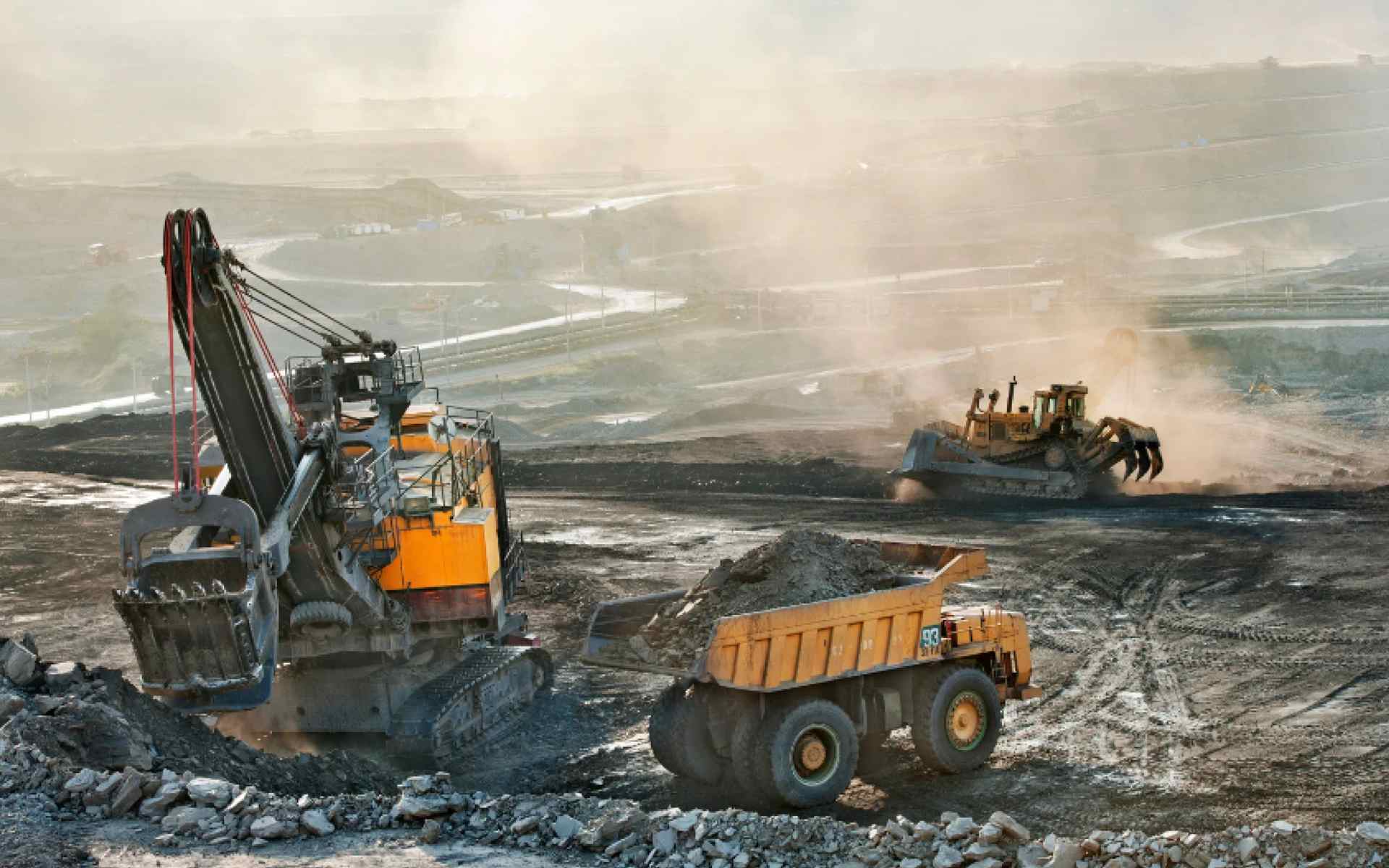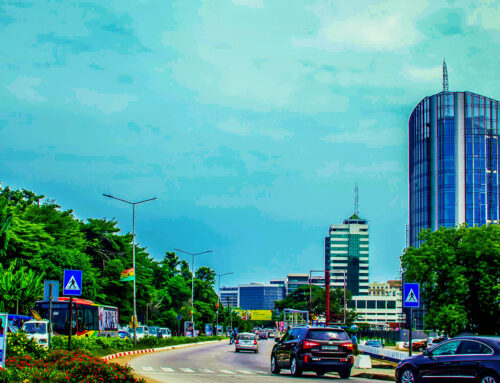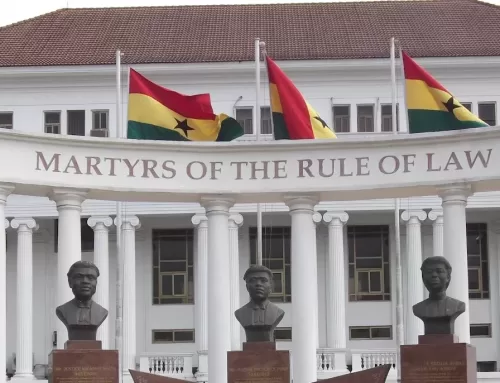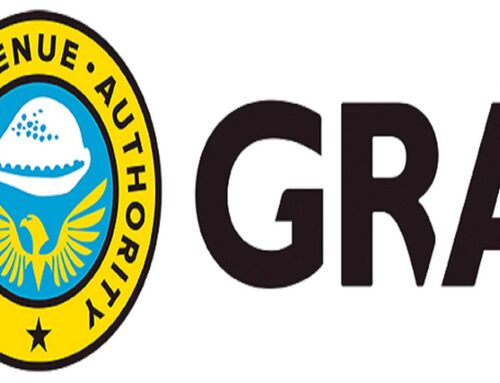Regulatory Alert: The Minerals and Mining (Local Content and Local Participation) Regulations, 2020 (LI 2431)
The Minerals and Mining (Local Content and Local Participation Regulations, 2020 (L.I 2431) was introduced to boost job creation by encouraging the use of local skills and businesses in the mining industry. It aims to ensure that a significant portion of money spent on mining-related goods and services stays within the country. The law also seeks to strengthen local businesses, support industries connected to mining and increase the participation of Ghanaian individuals and companies in the sector. Additionally, it promotes skill development and capacity building in mining, requires companies to submit local content plans, and sets up a system to monitor and report progress in meeting these goals.
The Regulation applies to applicants and holders of reconnaissance licenses, prospecting licenses, and mining leases, as well as holders of licenses to export or deal in minerals. It also applies to persons or companies registered to provide mine support services.
Key Features of the Regulation
1. Localisation Programme
The Regulation requires companies with a reconnaissance or prospecting license to submit a localisation plan for hiring and training Ghanaians to the Minerals Commission for approval. The plan must indicate details of recruitment and training of Ghanaians to replace expatriates, the number of expatriate staff, and how the company intends to ensure gender inclusive hiring. Companies are also mandated to provide an annual report by 31 January each year, demonstrating compliance with the approved plan. Failure to comply will result in a fine equal to one year’s gross salary of the expatriate involved for each month or part of a month they worked instead of a local employee.
Applicants for mineral rights, export or trade licenses, or mine support services must also submit a proposal detailing their use of expatriates and training of Ghanaians. This must include:
- The Curriculum vitae (CV) of the expatriates;
- The specific job roles they will occupy;
- Their employment conditions, including salary, allowances, and benefits;
- The duration of their contracts; and
- A strategy for training and transitioning Ghanaians into roles of expatriates, following regulatory ratios.
These details must be submitted along with the Expatriate Recruitment Application Form (as outlined in the regulations) and updated every three years after approval. Mining companies must also disclose the percentage of expatriates in senior roles relative to total senior staff.
2. Recruitment of Expatriates
Before granting an immigration quota for the employment of expatriates, the Minerals Commission must review and approve the applicant’s proposals. These approved proposals become part of the conditions attached to the mineral rights agreement or license. The Commission will only authorise the recruitment of expatriates if it determines that no Ghanaian possesses the necessary qualifications and experience for the position.
3. Employment and Training of Ghanaians
Where a company holding a reconnaissance or prospecting license recruits foreign skilled workers, it can, after two years, begin replacing part or all of them with skilled Ghanaian workers in technical, supervisory, and management roles. Alternatively, after four years, they can start replacing expatriates in management positions.
For mining lease holders, the maximum percentage of expatriates allowed in senior positions is:
- 10% in the first three years of mining operations
- 5% after the third year
- A gradual reduction beyond the sixth year with the goal of full Ghanaian participation
In special cases, companies may request permission to hire extra expatriates, but only if they provide strong reasons such as:
- The need for specialized technology not available locally;
- A new project, expansion, or mine rehabilitation lasting no more than three years; or
- Ghanaian employees being transferred to work abroad within the same company.
4. Procurement of Local Products
Companies involved in mine support services, mineral rights, or mineral exports must prioritize sourcing goods and services from Ghanaian businesses whenever possible while ensuring safety, efficiency, and cost-effectiveness. They must submit a procurement plan within one year of beginning operations, detailing their commitments for the next five years. This plan must be updated and resubmitted every five years.
Companies in the mining industry are required to adhere to the local procurement list published by the Minerals Commission, which outlines the goods and services that must be procured within the country from local companies. The Commission has issued the 6th edition of the procurement list, which took effect on 1 January 2025.
5. Technical and Engineering Services
Ghanaian citizens and registered with the relevant regulatory bodies and the Minerals Commission.
Foreign technical and engineering firms incorporated in Ghana can only be hired if they collaborate with a Ghanaian-owned and licensed company that is registered with the Commission to provide such services.
6. Insurance and Reinsurance Services
Mine support service providers must insure all mining-related risks with an insurance company licensed by the National Insurance Commission of Ghana. If they need to use an offshore insurance company, they must first get approval from the National Insurance Commission.
7. Accounting and Legal Services
Holders of mineral rights or licenses to export or trade minerals must only hire lawyers, certified accountants, or law firms that are licensed to practice in Ghana. Foreign firms can only be engaged if they collaborate with professionals or companies that are licensed or certified to operate in Ghana.
8. Financial Services
Mine support service providers must use only financial institutions that are incorporated and operating in Ghana.
9. Reserved Services for Citizens
The Regulation designates certain services exclusively for Ghanaian citizens, including catering and camp management, security services, contract mining for small-scale operations, fuel supply and haulage services for mine sites, including personnel transport
Additionally, Ghanaian citizens can apply to be registered with the Minerals Commission to provide other services, such as supplying stationery, local health education, waste collection, minor maintenance work, physical training, and landscaping services.
10. Reporting Requirements
The regulation requires mining service providers to submit annual reports on Ghanaian content to the Minerals Commission. These reports must show compliance with the approved localization program and procurement plan and must be submitted within 30 days after the start of each year.
11. Guidelines and Monitoring
The Minerals Commission is responsible for issuing guidelines to ensure the effective implementation of the regulations. It is also tasked with monitoring compliance and overseeing the enforcement of these regulations.
12. Investigations
The Minerals Commission has the authority to enforce these regulations by conducting investigations to ensure that:
-
- Local content and participation rules are not undermined by the use of front companies;
- Bid rigging and cartel activities are prevented in the procurement process; and
- Companies comply with gender-inclusive employment and participation requirements.
13. Penalties
- Anyone who violates the regulations by failing to submit required documents, making false statements, or attempting to deceive the Minerals Commission, whether by acting as a front for a foreign entity or misrepresenting a Ghanaian company, will face penalties. Other violations include failure to engage local companies for restricted services, not listing on the Ghana Stock Exchange as required, non-compliance with gender-inclusive employment provisions, as well as directives, guidelines, or requests for information from the Commission.
Violators will be fined the Ghanaian cedi equivalent of US$10,000. If the violation continues, an additional fine of US$5,000 per day will be imposed until the issue is resolved. The Commission may also withhold necessary approvals and permits for mining activities until full compliance is achieved.
14. Key Takeaways
- Job Creation and Local Participation – The Act promotes the employment of Ghanaians in the mining sector and requires companies to submit plans for hiring and training local workers to replace expatriates over time.
- Local Procurement Requirement – Mining companies, mine support service providers, and mineral rights holders must prioritize sourcing goods and services from Ghanaian businesses while maintaining safety, efficiency, and cost-effectiveness.
- Technical and Engineering Services – Only Ghanaian-owned and registered companies can provide technical and engineering services in the mining industry. Foreign firms can only operate in collaboration with a licensed Ghanaian company.
- Insurance and Financial Services – All mining-related insurable risks must be covered by insurance companies licensed in Ghana, and mine support service providers must use financial institutions incorporated in the country.
- Legal and Accounting Services – Holders of mineral rights or mining-related licenses must only engage Ghanaian lawyers, certified accountants, or law firms, except when foreign firms collaborate with local professionals.
- Reserved Services for Ghanaians – Certain services, such as catering, security, small-scale contract mining, fuel supply, haulage, and various maintenance and sanitation services, are exclusively reserved for Ghanaian citizens and businesses.
- Mandatory Compliance Reports – Mining companies and service providers must submit annual reports to the Minerals Commission, showing compliance with approved localization and procurement plans.
- Regulatory Oversight and Enforcement – The Minerals Commission is responsible for issuing guidelines, monitoring compliance, and investigating fraudulent activities, such as fronting or bid rigging, to ensure genuine local content participation.
- Penalties for Non-Compliance – Violators face fines of up to US$10,000, with an additional US$5,000 per day for continuing violations. The Commission can also withhold approvals and permits until compliance is achieved.
- Gender Inclusion Requirements – Companies must ensure gender-inclusive hiring and training practices when recruiting expatriates or developing localization programs to promote equal opportunities for men and women in the mining industry.
Conclusion
The Minerals and Mining (Local Content and Local Participation) Regulations, 2020 (L.I. 2431) marks a significant step towards strengthening Ghana’s mining sector by ensuring greater involvement of local businesses and professionals. By prioritizing Ghanaian recruitment, skills development, and procurement of goods and services, the regulations aim to maximize the industry’s contribution to the national economy. Companies operating in the mining sector must take proactive steps to comply with these requirements, as non-compliance can lead to penalties and restrictions on operations. Ultimately, these regulations are designed to create a more inclusive, sustainable, and self-reliant mining industry that benefits Ghanaians both now and in the future.




